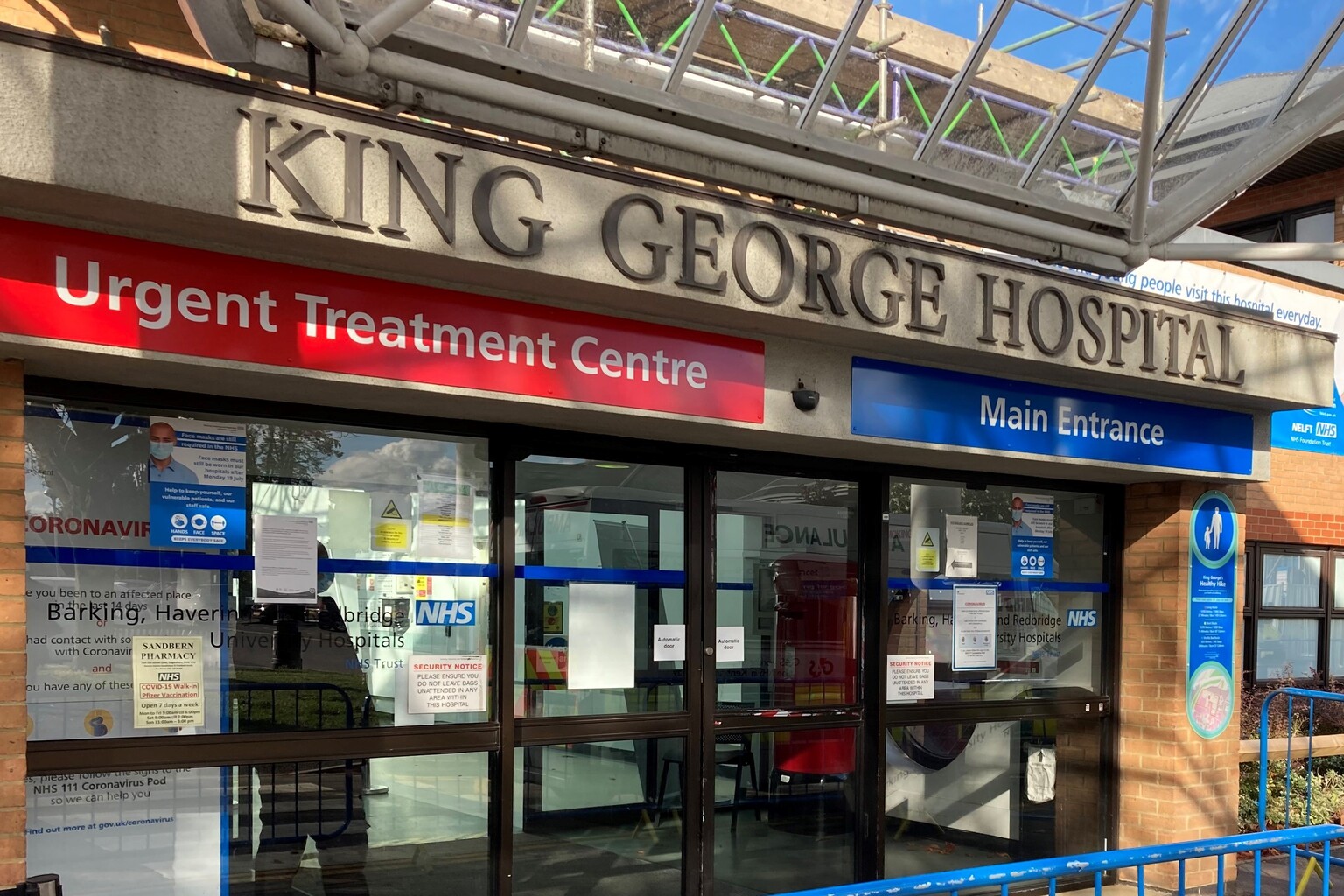As a new physician job seeker, your options are broader than those of any generation before you. But that doesn't mean there aren't some fundamental steps you can take to start your medical career off on the best foot possible.
To aid you in finding a job after residency, here are answers to some of the most important questions you're likely to have when — or even before — you start your search.
When should I start?
Timing matters when you're beginning a physician job search or applying for a fellowship. Both take time, so get started 18 months to two years before your residency is complete. This will give you ample room to complete some of the key tasks that should be on your list, including:
-
Organizing and drafting your best CV
-
Prioritizing and outlining your goals
-
Acquiring key documents like licenses and visas
- Preparing paperwork like hospital credentialing and your FCVS application
-
Sitting for phone interviews
Along the way, remember that it's never too early to start nurturing your network. If you're looking to stay local, put extra effort into connecting with program directors and coordinators in your area. Regardless of where you want to launch your career, start building connections with peers and other professionals in areas where you want to lay the foundation for your future.
Where should I start?
Your physician job search will be unique. From practice types to location, you have abundant opportunities to find the practice that fits your personal goals and needs. But you do have resources to help you sort through your seemingly endless options.
Recruiters
Even if you have an attractive CV and a large network, it's wise to take advantage of the people whose jobs are dedicated to helping you find a position as a practicing doctor. Contingency recruiters will take care of much of the job search legwork for you, and they can dig up opportunities you may not have considered.
Job boards
Generic standards like Monster do list physician positions, but boards dedicated to doctors are better tailored to your needs. Make sure to consider options such as:
If you're looking into a post-residency fellowship, you'll be taking a different path. Consider starting your fellowship research with the American Medical Association's (AMA) FREIDA database, which allows you to search over 11,000 programs, all of which are accredited by the Accreditation Council for Graduate Medical Education.
How do I build my application shortlist?
You might be busy preparing for boards, but now is an ideal time to start narrowing down a list of potential post-residency employment options. From practice groups to hospital-based employment to even opening your own practice, you have a few medical settings to consider.
A hospital-based practice might mean a slightly smaller salary, but you'll have much less paperwork to be responsible for. On top of that, you're graduating at a time when hospitals are actively recruiting graduating physicians from residency programs, so you may be able to take advantage of that extra energy, along with health insurance and administrative staff.
Opening a private practice will mean more flexibility and probably higher pay, but as a small business owner, you'll also have to manage logistics like staffing, billing and technology decisions.
What not to do
You've made it through an amazing amount of work, self-discipline and sacrifice, and while you won't likely set yourself off course with one less-than-optimal decision, there are a few mistakes it's best to avoid.
Don't give in to outside pressure
Now is the time to decide for yourself what kind of life you want as a practicing physician. Burnout rates are at epidemic levels among doctors, reports the AMA, so do your research. Avoid being swayed too heavily by high salaries that might be masking a location or specialty that doesn't fit your goals.
Don't be afraid to explore
If you're having trouble solidifying what you want to do, don't commit to anything permanent that you might later regret. Consider a locum tenens position that can expose you to a mix of inpatient and outpatient settings, rural and urban locations and even practices of different sizes.
Don't take the first offer
While it might be exciting to take that first position, make sure to negotiate. Between salary, noncompetes and even schedule, consider having an attorney review any employment contract before you sign.
Remember to keep your long-term career, financial and health goals in mind, and you'll have a much easier time finding a job after residency that fits your life.



